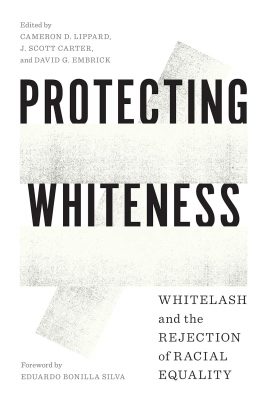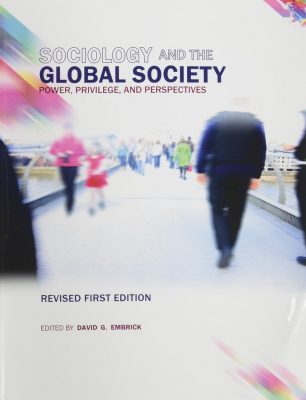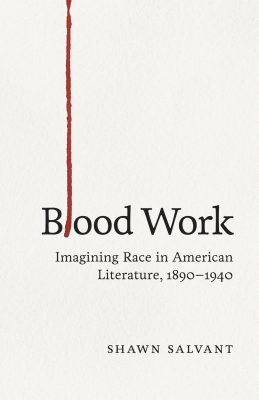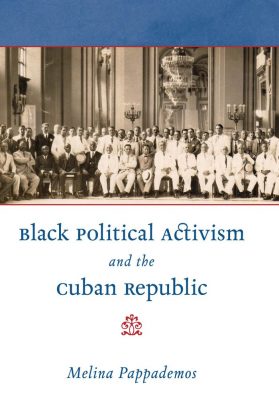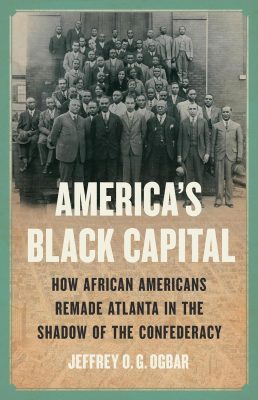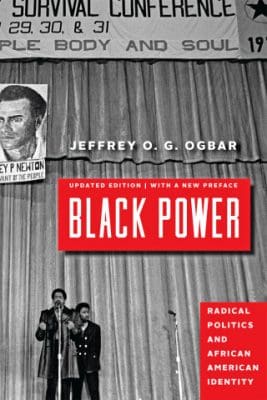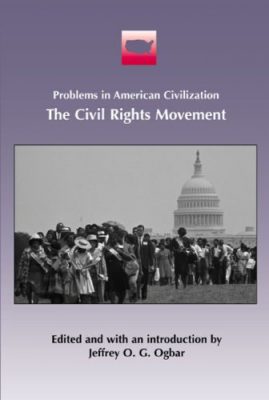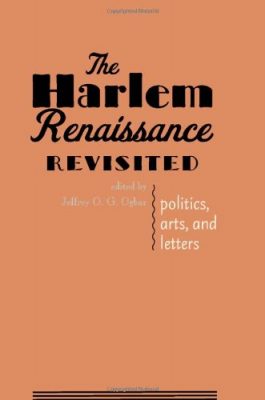David G. Embrick (Editor), Talmadge J. Wright (Editor), Andras Lukacs (Editor)
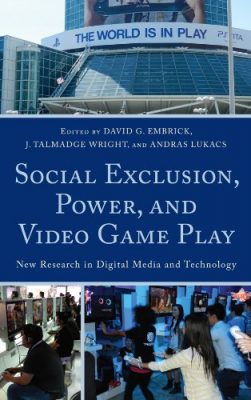
While many books and articles are emerging on the new area of game studies and the application of computer games to learning, therapeutic, military and entertainment environments, few have attempted to contextualize the importance of virtual play within a broader social, cultural and political environment that raises the question of the significance of work, play, power and inequalities in the modern world. Many studies tend to concentrate on the content of virtual games, but few have questioned how power is produced or reproduced by publishers, gamers or even social media; how social exclusion (e.g., race, class, gender, etc.) in the virtual environments are reproduced from the real world; and how actors are able to use new media to transcend their fears, anxieties, prejudices and assumptions. The articles presented by the contributors in this volume represent cutting-edge research in the area of critical game play with the hope to draw attention to the need for more studies that are both sociological and critical.
